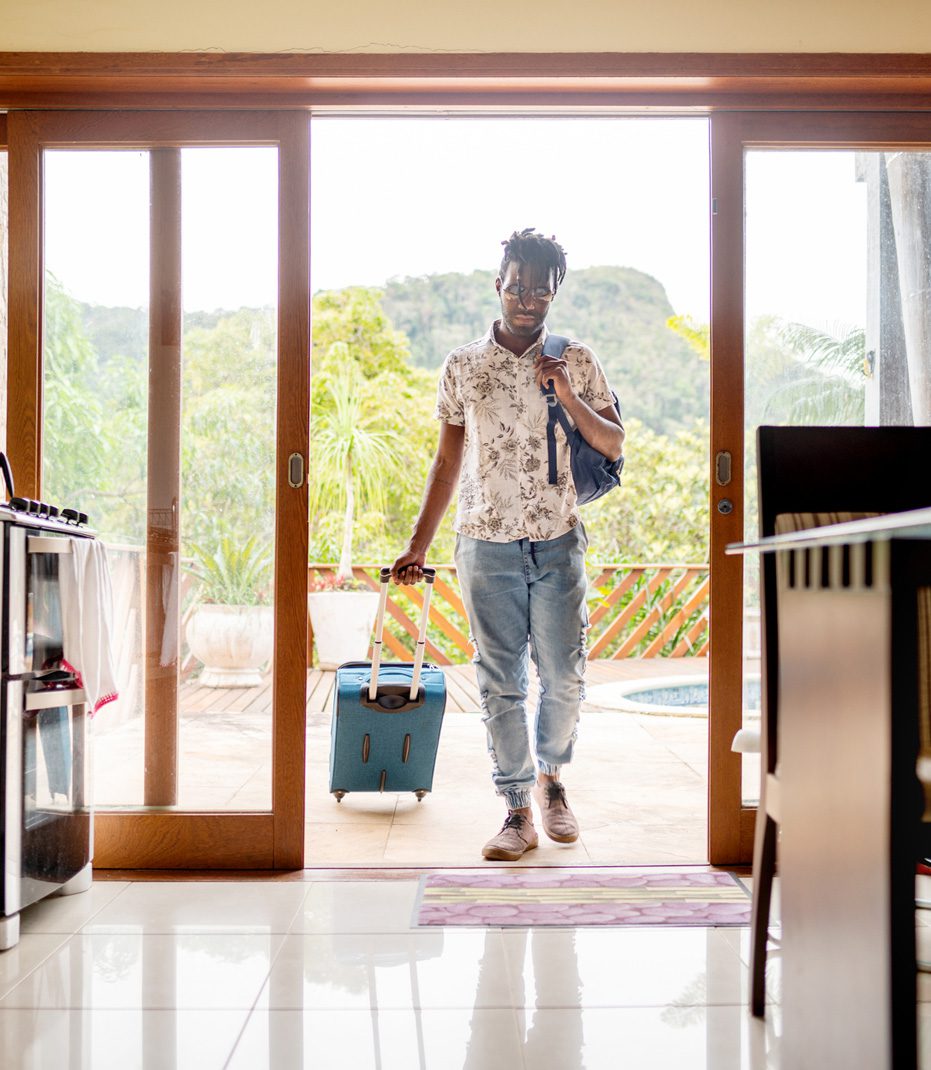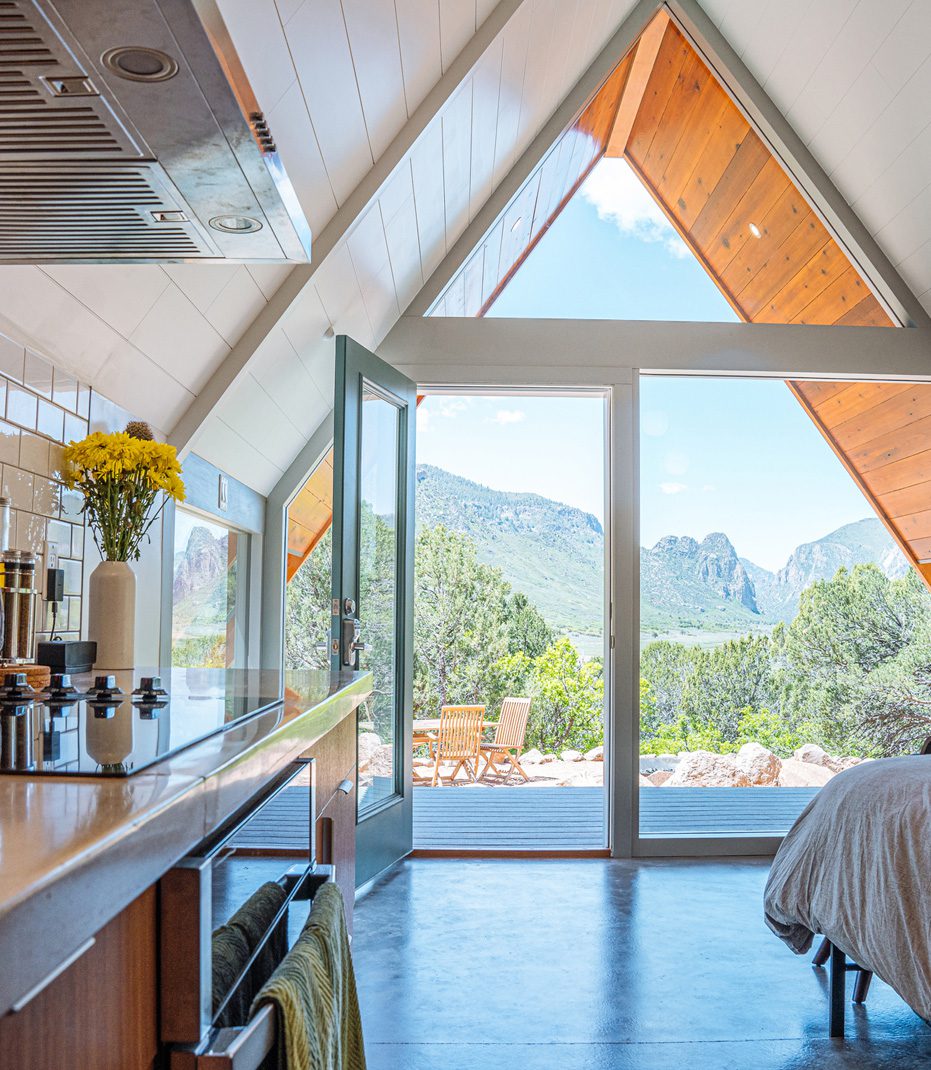
The rise of Airbnb and other short-term rental platforms has transformed the way travelers find accommodations. California, being a hub for tourism and business travel, has seen a surge in Airbnb bookings. However, the increased utilization of these platforms also introduces questions about liability in the event of accidents or injuries on rental properties. Navigating the complexities of premises liability in the context of Airbnb and other rentals requires an understanding of California’s legal landscape.
Understanding Premises Liability
Premises liability dictates that property owners or occupants have a legal obligation to ensure that their property is safe for visitors. This applies to both long-term rental properties and short-term accommodations like those listed on Airbnb. If a guest or visitor is injured due to unsafe conditions or negligence on the part of the property owner, they might be entitled to compensation for their injuries.
Airbnb’s Unique Challenges
Airbnb properties pose unique challenges in determining liability. These are not traditional hotels with clear operational guidelines; they are often private homes or apartments. While Airbnb provides a Host Protection Insurance, offering up to $1 million in liability coverage, there are exclusions. Certain injuries or damages might not be covered, leaving gaps in potential compensation.
Determining Liability
So, who is liable in the event of an injury at an Airbnb rental in California?
- The Host: The host can be held responsible if the injury was due to a dangerous condition they were aware of (or should have been aware of) and failed to rectify or warn the guest about.
- Airbnb: While Airbnb’s Host Protection Insurance provides some liability coverage, it does not act as a blanket policy for all injuries. It’s designed to protect hosts from liability, but there are exclusions, like injuries resulting from intentional acts, or situations involving alcohol or drugs. Additionally, Airbnb’s insurance comes into play only if the host’s insurance doesn’t cover the claim.
- Third Parties: In some cases, a third party might be liable. For instance, if a product or appliance in the Airbnb property malfunctions and injures the guest, the manufacturer of that product might be held responsible
- The Guest: California operates under a comparative negligence system. This means if a guest is partially at fault for their injury (e.g., they were intoxicated or ignored clear safety warnings), any compensation they receive might be reduced by their percentage of fault.


Protecting Guests and Hosts
Both guests and hosts can take measures to minimize risks. Hosts should regularly inspect their properties for potential hazards, make necessary repairs, and provide clear warnings for any potential dangers. They should also familiarize themselves with the terms of their insurance policies and Airbnb’s coverage.
Guests, on the other hand, should always review the property upon arrival, noting any potential hazards. It’s also wise to understand the terms of the booking, any waivers they might be signing, and to maintain their own form of travel or rental insurance.
Airbnb & Rental Property Premises Liability in California
Airbnb and rental property accidents in California introduce nuanced challenges into the realm of premises liability. While the platform’s rise offers travelers unique and often affordable accommodations, it also necessitates an understanding of where responsibility lies in the event of injuries. Both hosts and guests should be informed and proactive in ensuring a safe and legally protected rental experience.
